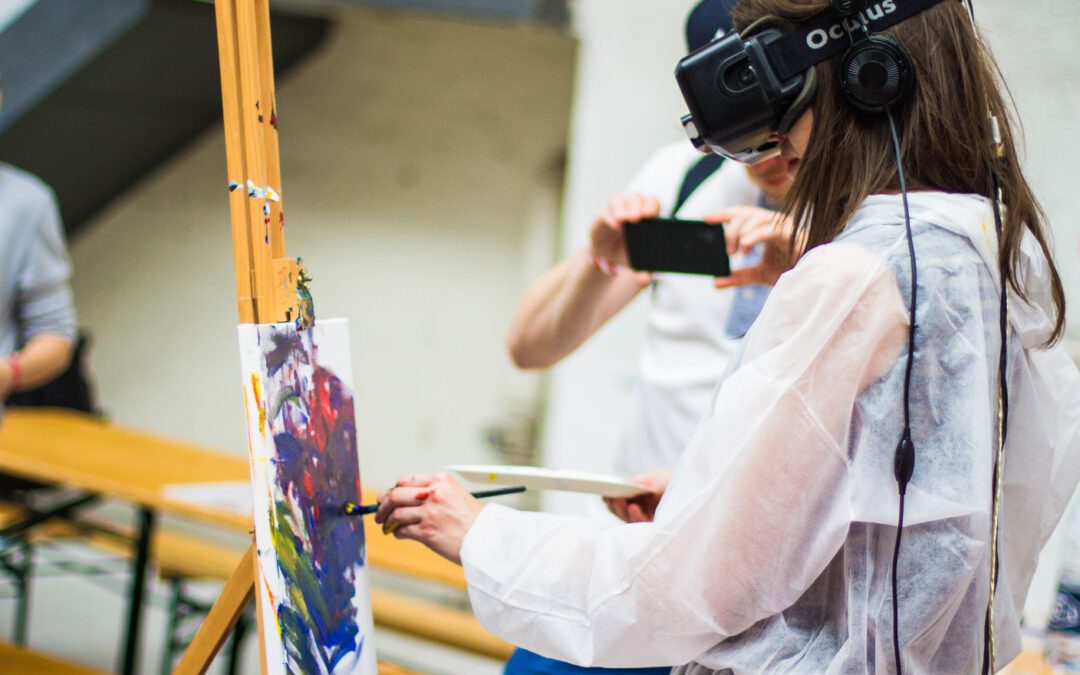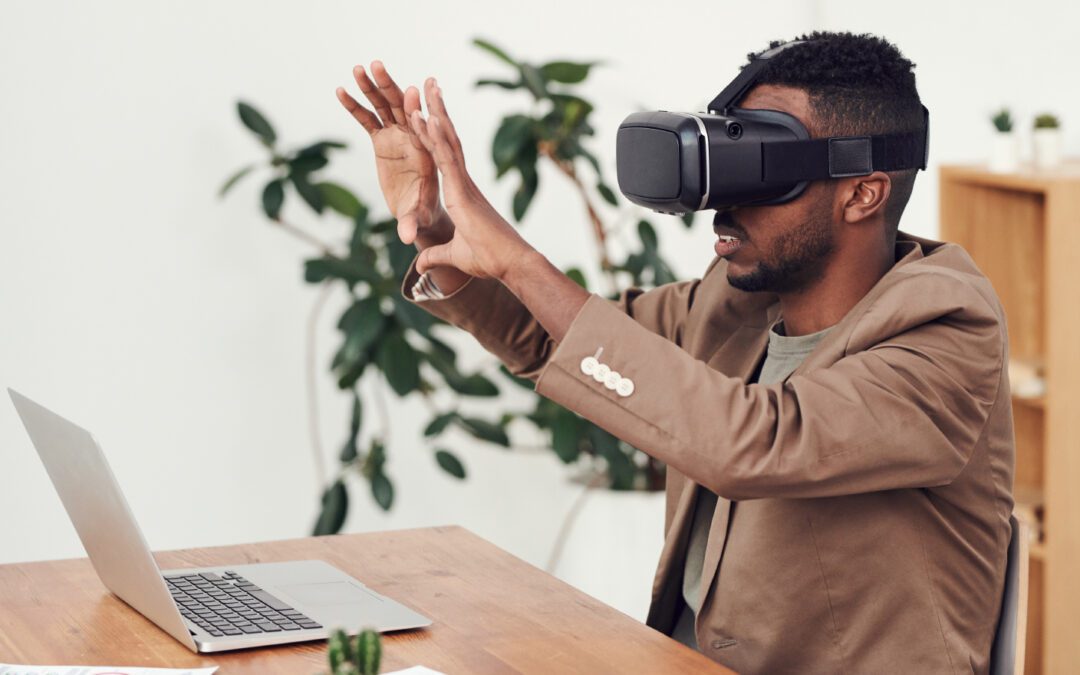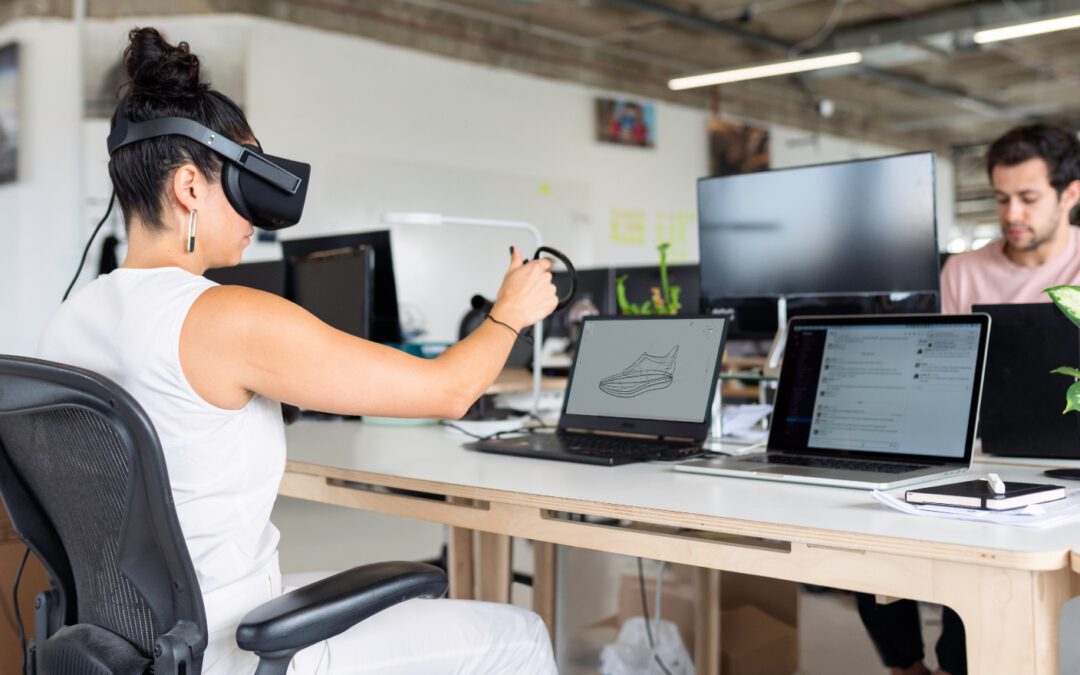Learn From An Experienced Team That Analyze Customer Insights To Help Make Result Driven Brands.

Virtual Reality (VR) is no longer just a concept in science fiction. With advancements in technology, VR is quickly becoming a game-changing technology that is revolutionizing the way we interact with the digital world. From gaming to healthcare, VR is transforming various industries and creating new opportunities for innovation. In this blog post, we will explore the potential of VR and how it is changing the way we interact with technology.
One of the significant advantages of VR is its ability to create immersive experiences. In the past, we have interacted with technology using screens and buttons. However, with VR, we can now interact with the digital world in a much more natural and intuitive way. By creating a virtual environment, VR technology allows us to interact with objects and data in 3D space, making it easier to visualize complex information and manipulate digital objects.
VR is already having a significant impact on various industries. In the gaming industry, VR has created a new level of immersion, allowing players to experience games in a whole new way. In healthcare, VR is being used to train medical professionals, simulate surgeries, and treat patients with conditions such as PTSD. In education, VR is being used to create interactive and engaging learning experiences, making it easier for students to understand complex concepts.
The potential for VR is not limited to just these industries. As the technology continues to evolve, we can expect to see VR being used in various applications, including business, communication, and entertainment. VR has the potential to revolutionize how we work, collaborate, and socialize in the digital world.
However, there are still challenges that need to be addressed before VR becomes a mainstream technology. One of the most significant challenges is the high cost of VR equipment. While the technology is becoming more accessible, it is still out of reach for many consumers. Additionally, there are concerns around the potential negative effects of VR on our physical and mental health.
In conclusion, VR is a game-changing technology that is transforming the way we interact with the digital world. While there are still challenges that need to be addressed, the potential for VR is vast. As the technology continues to evolve, we can expect to see new and exciting applications of VR that will change the way we live, work, and play.




